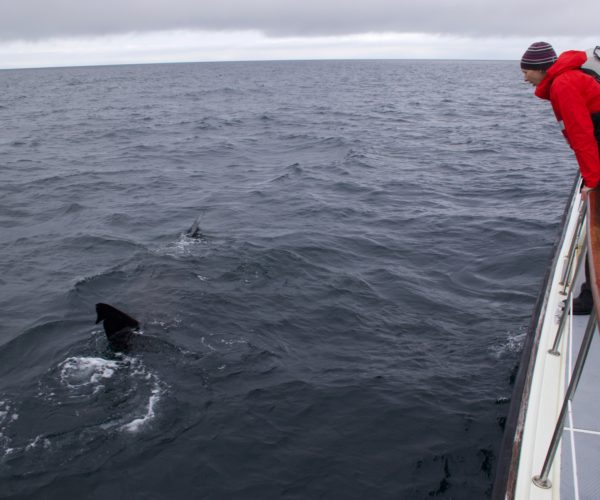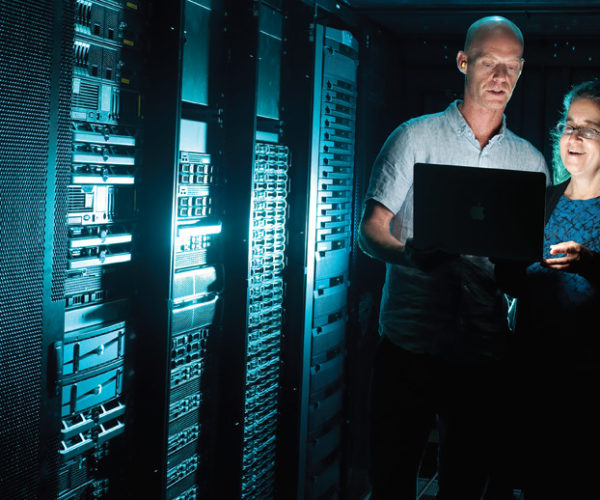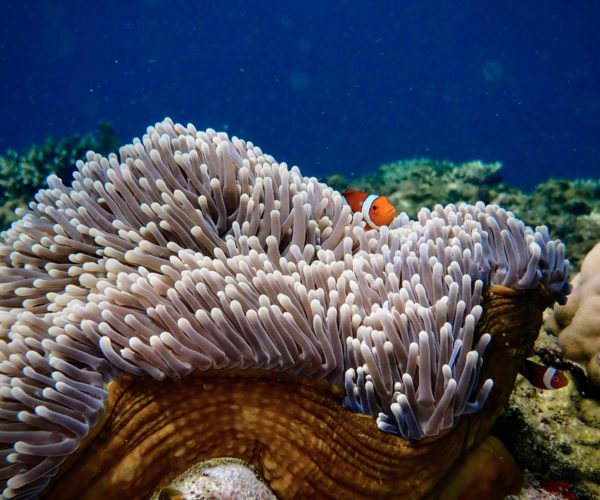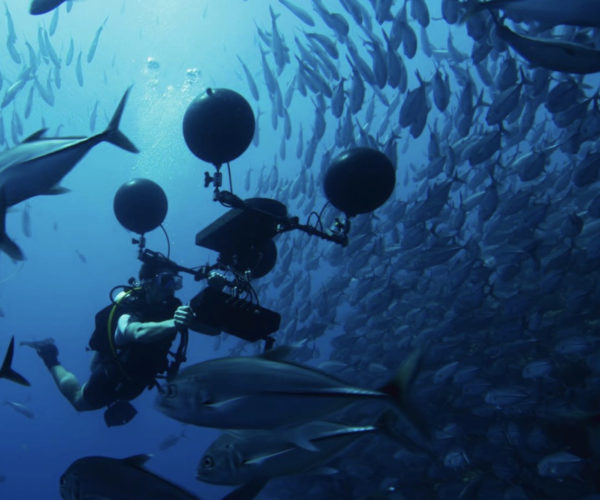In this episode we were joined by Alex Smalley to discuss his role as a science communicator, his PhD work on digital natural environments and […]
Tag: exeter marine
Exeter Marine Podcast: Becoming Marine Biologists – with Lauren Henly, Emma Weschke and Tim Gordon
Scientists at Sea · Becoming a Marine Biologist – with Lauren Henly, Emma Weschke and Tim Gordon This episode was recorded back in early 2019. […]
Exeter Marine Podcast: Fisheries and the SOPHIE project, with Dr. Rebecca Short
We were joined by Dr. Rebecca Short in this episode, discussing a variety of work, including her role within the SOPHIE project and her work […]
Exeter Marine Podcast – Arctic Terns, Basking Sharks; Bluefin Tuna, with Dr. Lucy Hawkes
In this episode we talk to Dr. Lucy Hawkes about a number of her research areas including arctic terns, basking sharks and bluefin tuna. […]
Exeter Marine Podcast – The European Centre for Environment and Human Health, with Professor Lora Fleming
In this episode we chat to Professor Lora Fleming about her work leading up to and position in the European Centre for Environment and Human […]
Exeter Marine Podcast – Coral Reef Bioacoustics Part II, with Tim Gordon
In this episode we talk to Tim Gordon about his work studying coral reef bioacoustics, this is a follow-up from the interview we did with […]
Exeter Marine Podcast – Coral Reef Bioacoustics Part I, with Prof. Steve Simpson
https://soundcloud.com/scientistsatsea/coral-reef-bioacoustics-part-i-with-prof-steve-simpson/s-GrrNyTaArcM Show notes In this episode Professor Steve Simpson talks to us about his research covering a number of topics focusing primarily on his […]




